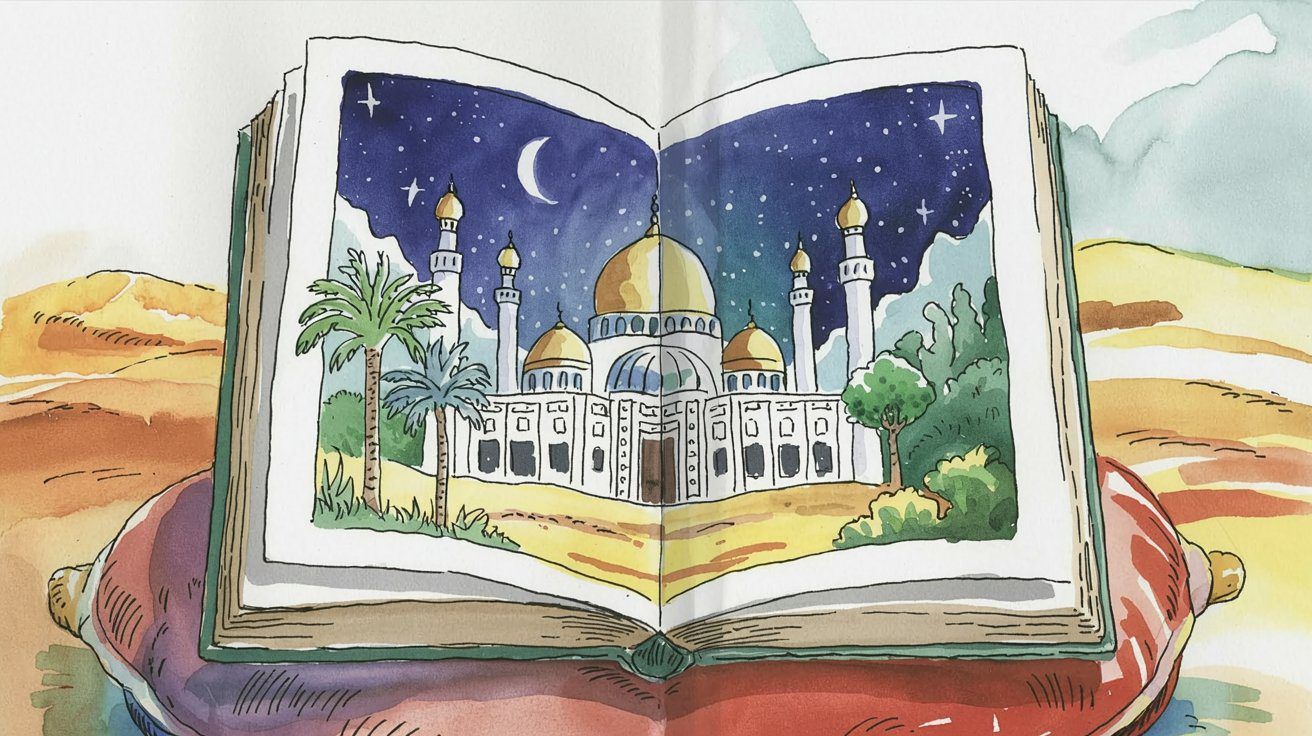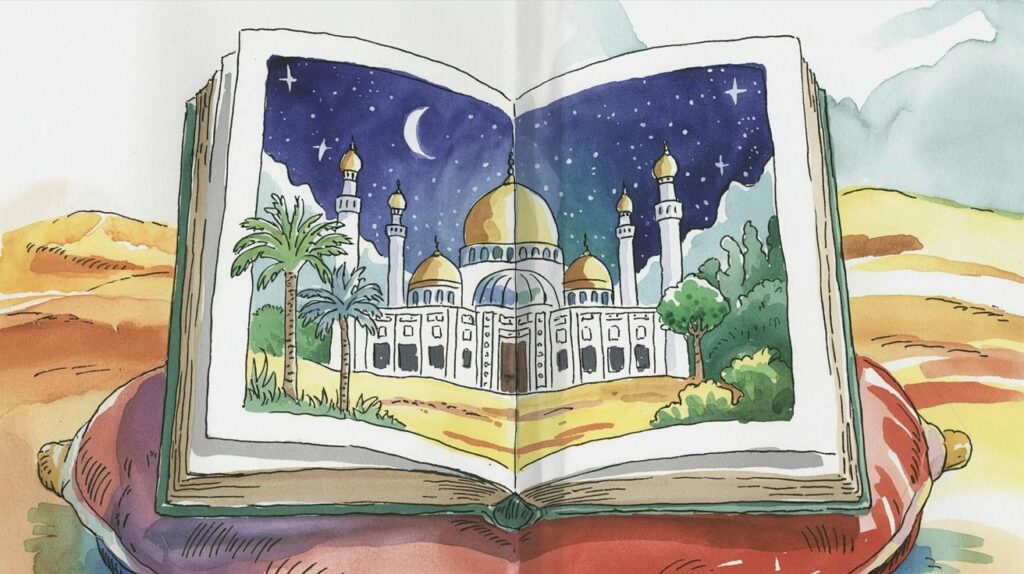
What We Learned This Month About the Prophet ﷺ: Rabiʿ al-Awwal Wrap-Up
Introduction
What we learned about the Prophet this Rabiʿ al-Awwal is more than just history—it is a journey of reflection, love, and growth. Muslims around the world remember the Prophet ﷺ with affection during this month, but the real gift lies in connecting his Seerah to our everyday lives. In this wrap-up, let’s revisit four key lessons we explored: his birth, the significance of Rabiʿ al-Awwal, his kindness with children, and his life in Makkah.

1. Three Things You Didn’t Know About the Prophet’s ﷺ Birth
The Prophet Muhammad ﷺ was born in the Year of the Elephant, the same year Abraha’s army tried to destroy the Kaaba. His father, Abdullah, had already passed away before his birth, and his mother, Amina, gave him the name Muhammad, meaning the praised one. These details remind us that from the very beginning, his life was surrounded by remarkable events, preparing him for his mission.
2. Why Rabiʿ al-Awwal Is Special for Muslims
Rabiʿ al-Awwal is not only the month of his birth but also a time for Muslims to renew their love for him. It is an opportunity to remember that his message brought light and guidance to the world. For families, this month becomes a chance to read Seerah stories, teach children about the Prophet’s example, and strengthen bonds of faith.
3. Story: The Prophet ﷺ Playing with Children
One of the most heartwarming parts of the Seerah is how the Prophet ﷺ treated children. He would greet them with a smile, play with them, and even let them climb on his back while he prayed. These moments show his patience, kindness, and the way he made every child feel valued. For parents and teachers today, this story teaches us that Islamic education must begin with compassion and joy.
4. Seerah: The Prophet ﷺ in Makkah
Before he received revelation, the Prophet ﷺ was already known among his people as Al-Ameen, the trustworthy. People in Makkah trusted him with their goods and secrets because of his honesty and dignity. This shows us that being a good Muslim starts with integrity in daily life. His example in Makkah reminds us to live with truthfulness, even when no one is watching.
Conclusion
What we learned about the Prophet this month is clear: his life is a timeless guide. From his birth to his kindness with children and his honesty in Makkah, every detail of his Seerah teaches us how to live with faith, compassion, and integrity. As Rabiʿ al-Awwal ends, let’s carry these lessons forward—not just as memories, but as actions in our daily lives.
